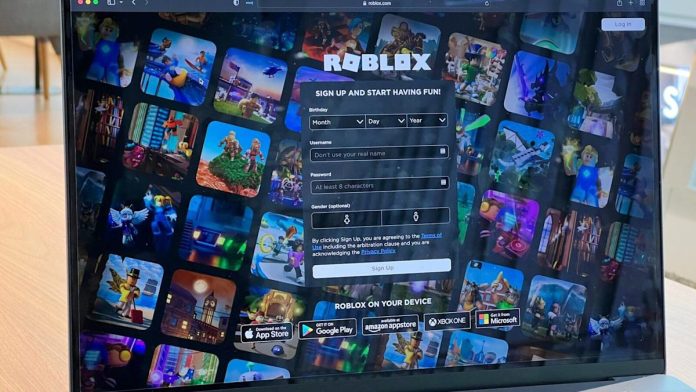You must be this tall to climb aboard the Roblox ride. Or at least to access certain features.
On Thursday, the massive video game platform/timesucking virtual sandbox announced it would impose an age-verification requirement on its massive, mostly young user base (there are nearly 100 million daily active players, per the company’s latest earnings report). It’s just the latest destination in the virtual realm to hire a digital doorman, and the addition comes as the company faces unrelenting criticism that it has failed to protect underage users.
READ ALSO: Uber Paying $300M Fare in Robotaxi Deal and Ethereum Treasuries Boom as Companies Look Beyond Bitcoin
Roblocked
In October, short-selling hedge fund Hindenburg Research released one of its patented (and final) investigative reports on the company, pointing to known instances of predators using the platform to communicate with children and claiming the platform did little to protect its mostly underage user base. About 40% of Roblox users are under the age of 13. Then, in February, Roblox and video game chat platform Discord were hit with a lawsuit stemming from similar allegations.
Ergo: The new age verification features announced Thursday. In a blog post yesterday, the company stated that players will be prompted to upload a video selfie to be processed through age estimation tools from identity verification company Persona (although users can also opt out by simply scanning a government-issued ID). The long and short of it? Access to peer-to-peer communication features will be differentiated across three different age groups: users under 13, users between 13 and 17, and users 18 or older.
The new guardrails may help the platform stay one step ahead of a growing crop of age verification laws, though there’s still a broader debate about the best practices for implementing them:
-
Six states so far this year, including Wyoming and Ohio, have passed bills requiring digital age verification to access certain sites, following in the footsteps of more than a dozen states before them, according to a tracking tool from the Free Speech Coalition (which opposes such laws, claiming they are “ineffective, unconstitutional and dangerous”).
-
Last year, Meta rolled out new restrictions for teenage Instagram users. However, the company and other providers of large platforms tend to argue that age verification should be left to app store owners, such as Apple and Google, rather than app owners like themselves.
Big Robucks: The moves could make Roblox a safer (virtual) place for kids to play — and potentially earn money. Seriously. The platform, which essentially allows users to create games within the games, has been paying out big bucks recently to top user-creators. According to a recent Los Angeles Times feature, some kid game designers are even scoring millions of dollars. Hey, who said video games are a waste of time?
This post first appeared on The Daily Upside. To receive delivering razor sharp analysis and perspective on all things finance, economics, and markets, subscribe to our free The Daily Upside newsletter.
